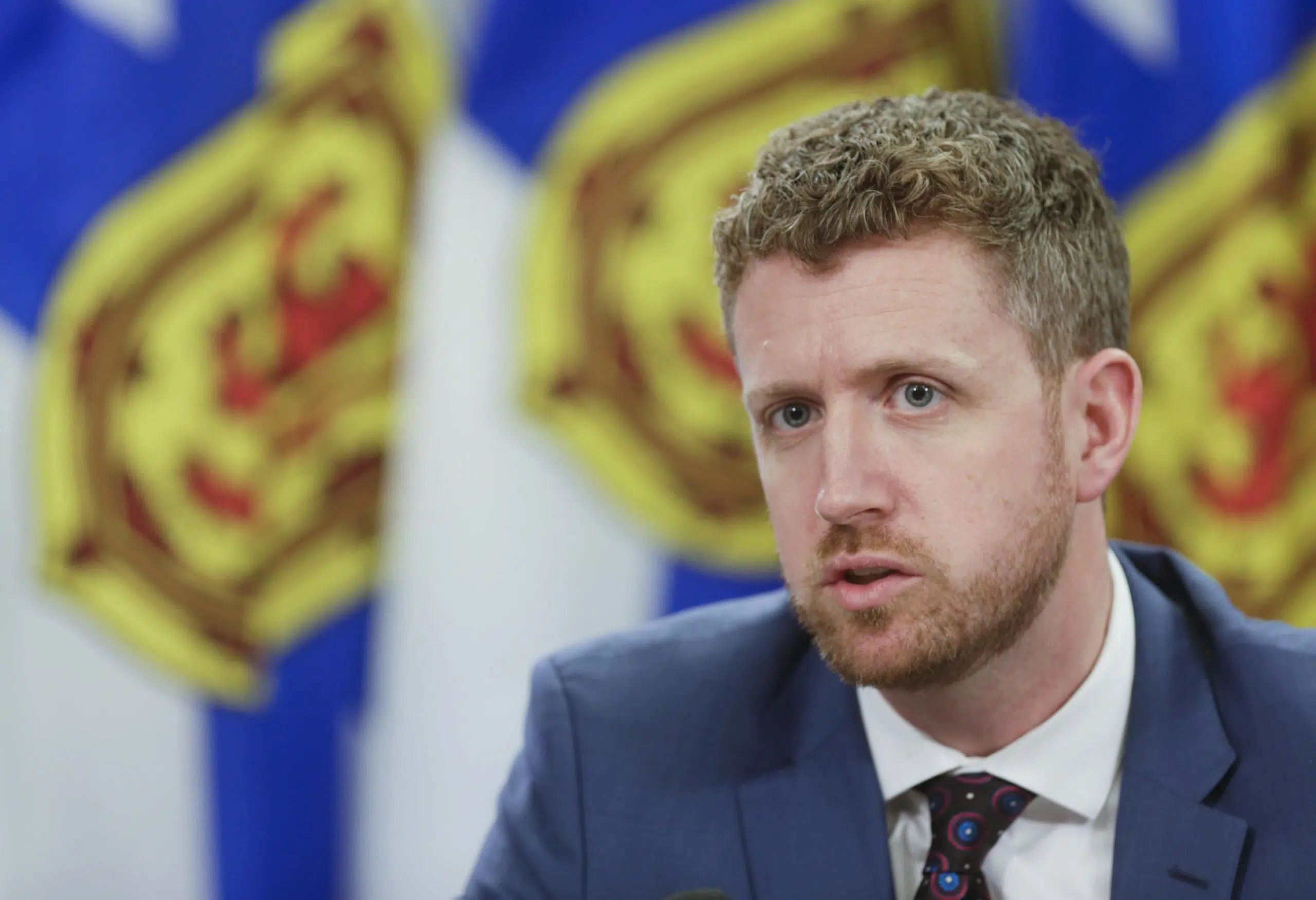
Iain Rankin; photo courtesy Communications NS
When Nova Scotia opens its border to Atlantic Canadians on Wednesday, a modified self-isolation will be in place for those coming from New Brunswick.
The new rules will involve a modified quarantine and comes because N.B. is already open to the rest of Canada.
Premier Iain Rankin has stated he is uncomfortable with the fact New Brunswick opened up its borders to all of Canada before any other province in Atlantic Canada.
Nova Scotia’s borders will be fully open to PEI and Newfoundland.
People travelling from New Brunswick can enter for any reason and will have isolation requirements based on their vaccination status and testing. That includes Nova Scotians returning from New Brunswick.
These travellers will continue to complete the Nova Scotia Safe Check-in form.
Most people coming from New Brunswick will be able to upload their proof of vaccination into their Nova Scotia Safe Check-in form. They will receive automatic approval but must be prepared to show their proof of vaccination to border officials.
Their isolation requirements are:
— people who have had two doses of vaccine at least 14 days before arriving in Nova Scotia must self-isolate until they receive a negative test result in Nova Scotia
— people who have had one dose of vaccine at least 14 days before arriving in Nova Scotia must self-isolate for at least seven days and cannot leave isolation until they get two negative tests results while in Nova Scotia; tests should be on day one or two and on day five or six
— people who have not had any vaccine and those who had a first dose within 14 days of arrival must isolate for 14 days; testing at the beginning and end of their isolation continues to be recommended
The tests must be standard PCR lab tests. They cannot be rapid tests. For people arriving in Halifax by air, they can get their first test at the Halifax Stanfield International Airport. All travellers can book tests online at testing sites around the province.
“Our self-isolation requirement has been instrumental in how we’ve managed the pandemic in Nova Scotia, and it continues to play an important role as we gradually reopen our borders,” said Dr. Robert Strang, Nova Scotia’s chief medical officer of health. “Our testing strategy is among the most robust in the country and will continue to support our border policy while also supporting routine testing for all Nova Scotians.”
People can continue to follow the Nova Scotia-New Brunswick travel protocol for work, school, child care and veterinary services. This includes people who work on rotational schedules. They do not complete the Nova Scotia Safe Check-in and do not have to self-isolate when they enter or return to Nova Scotia.
People travelling between Nova Scotia and New Brunswick for child custody visits will continue to have a modified form of isolation, but the number of days will be based on their vaccination status and testing. The child custody protocol will be updated with more information.
Specialized workers and fish harvesters from New Brunswick have a choice in entering Nova Scotia – they can apply as New Brunswick residents or as specialized workers or fish harvesters.






